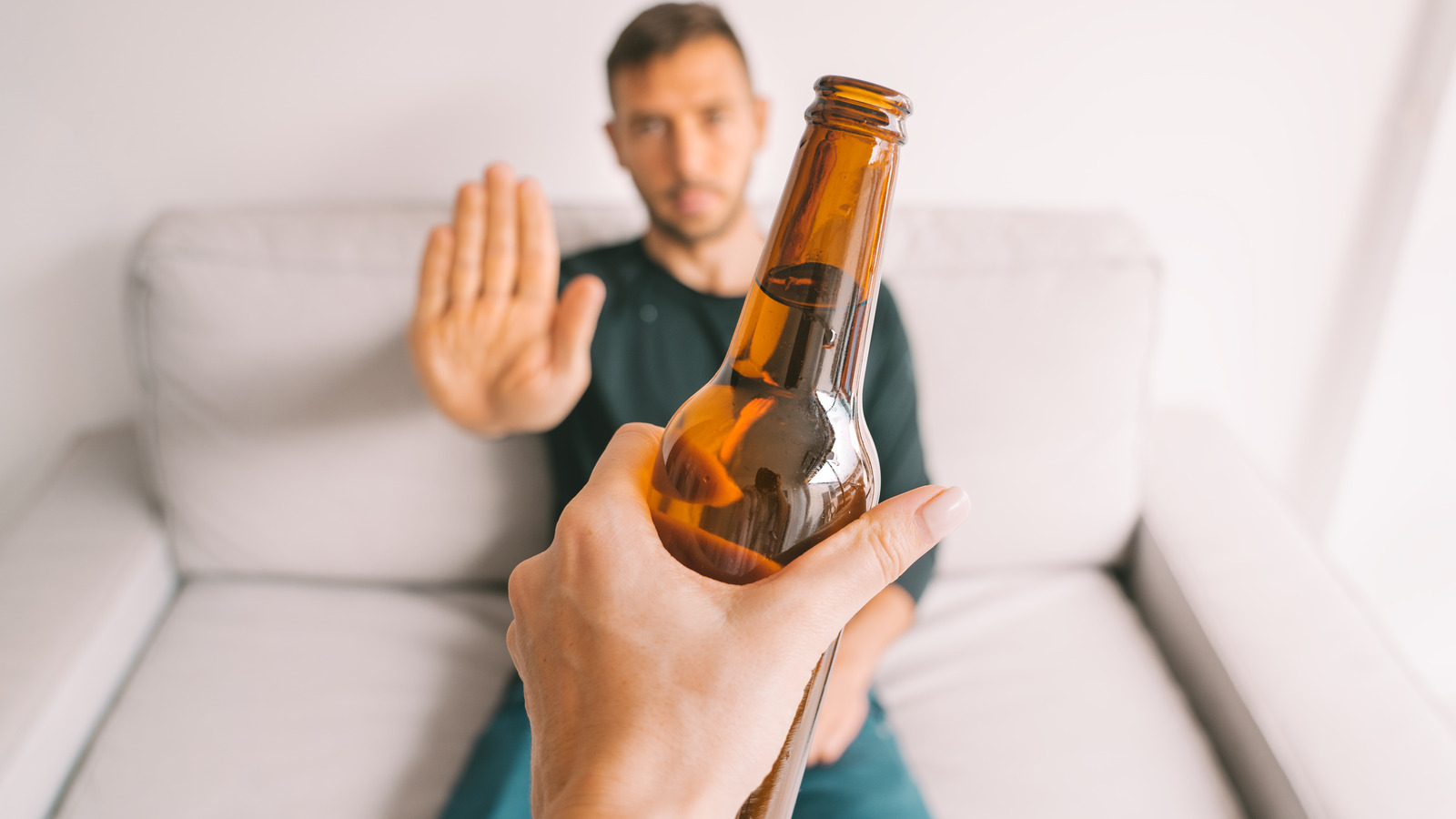People who recently quit smoking or drinking alcohol report heavier dreams and an increase in nightmares

People who recently quit smoking or drinking alcohol report heavier dreams and an increase in nightmares.


Are you someone who has recently quit smoking or drinking alcohol? If so, you may have noticed a change in your dream patterns, with reports of heavier dreams and an increase in nightmares. This phenomenon has been observed by many individuals, and it can be quite alarming. But why does this happen? Let’s explore the possible reasons behind this intriguing occurrence.
A study published in the Journal of Addiction Medicine and Therapy suggests that there is a strong correlation between quitting smoking or drinking alcohol and experiencing vivid dreams or nightmares. The research found that individuals who discontinued these habits often reported an intensification in dream content and an increase in the frequency of disturbing dreams.
One possible explanation for this phenomenon is the impact of nicotine and alcohol on the sleep cycle. Both substances can disrupt the Rapid Eye Movement (REM) phase of sleep, which is when most dreaming occurs. REM sleep is essential for various cognitive functions, emotional regulation, and memory consolidation. When a person quits smoking or drinking, their REM sleep cycle gradually returns to a more natural state, leading to an increase in dream activity.
Moreover, the nicotine and alcohol withdrawal process can heighten one’s stress levels and anxiety, contributing to the occurrence of nightmares. As the body adjusts to the absence of these substances, it may go through a period of readjustment, potentially causing temporary sleep disturbances. These disruptions can manifest as vivid dreams, including nightmares, as the mind processes and resolves the psychological impact of quitting.
Additionally, it is worth mentioning that dreams are often influenced by our daily experiences and emotions. When an individual decides to quit smoking or drinking, it is a significant lifestyle change that can evoke feelings of stress, discomfort, and unease. These emotions may translate into dream content, resulting in more intense and distressing dreams.
It is important to note that although these vivid dreams and nightmares may be troublesome, they are often temporary and gradually decrease over time. As the body adapts to a smoke-free or alcohol-free lifestyle, the dream patterns tend to normalize.
Quitting smoking or drinking alcohol is undoubtedly beneficial for one’s overall health and well-being. Although heavier dreams and an increase in nightmares may present a temporary challenge, it is essential to focus on the long-term positive effects of these lifestyle changes. If you are experiencing distressing dreams after quitting smoking or drinking, it can be helpful to engage in relaxation techniques before bed, maintain a consistent sleep schedule, and seek support from healthcare professionals, if necessary.
In conclusion, individuals who recently quit smoking or drinking alcohol often report a surge in dream intensity and frequency of nightmares. This phenomenon is likely attributed to the restoration of the natural sleep cycle, the psychological impact of quitting, and the role of daily emotions and experiences. Although these vivid dreams and nightmares may be unsettling, they are typically transient and diminish over time. Remember to prioritize your overall health and well-being while adjusting to a smoke-free or alcohol-free lifestyle.
Share
Related Posts
Quick Links
Legal Stuff

